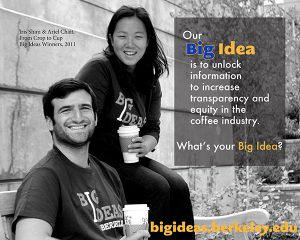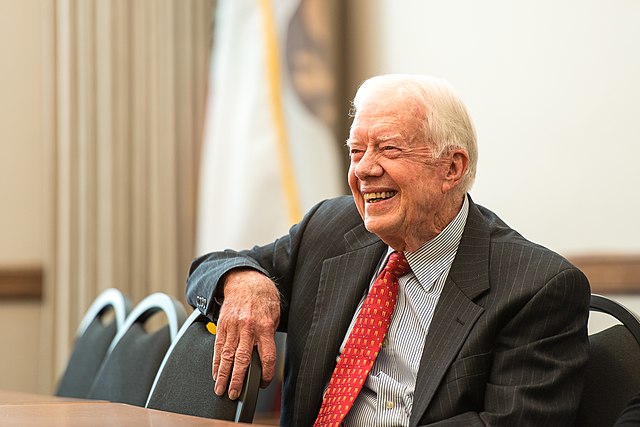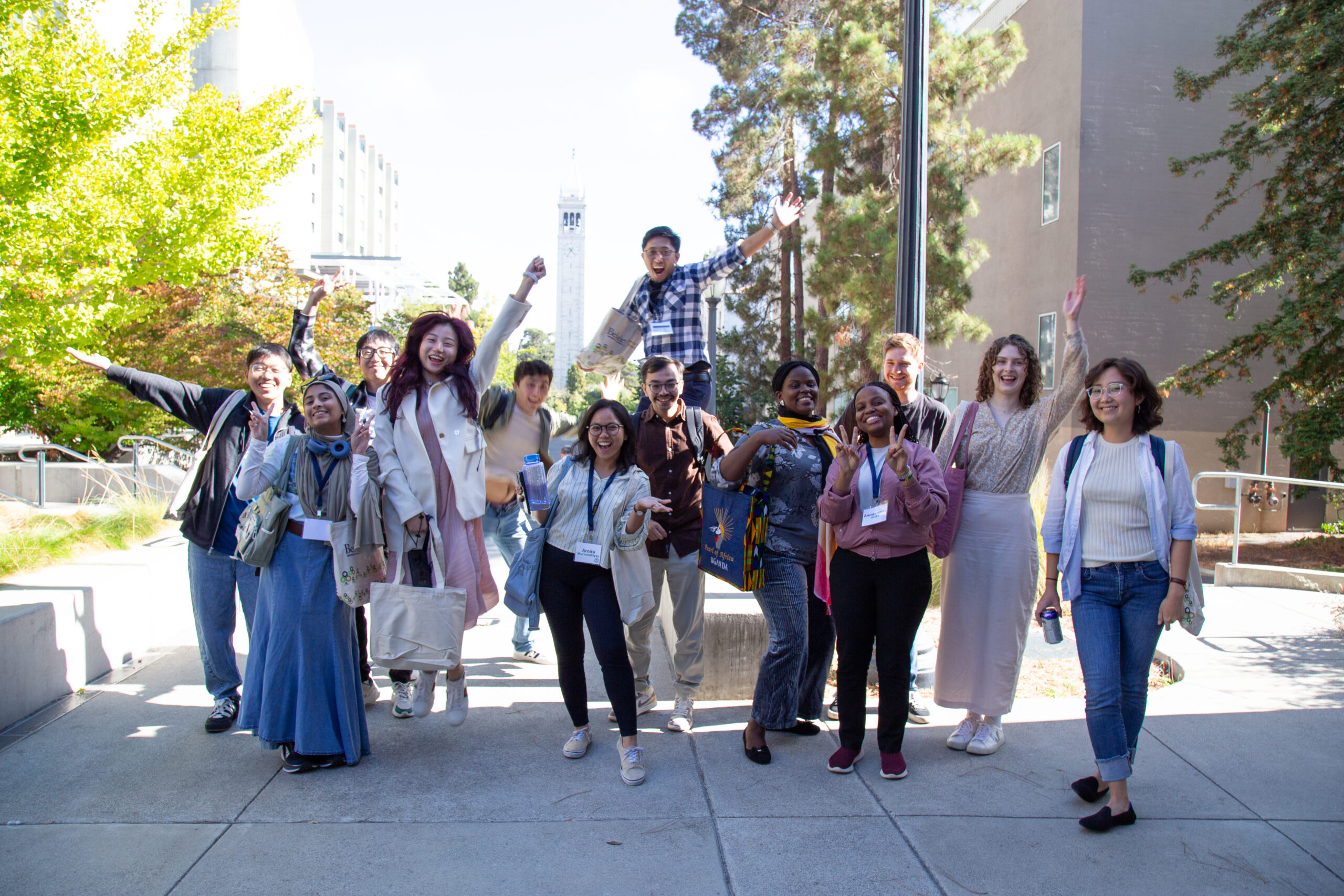By Jenna Hahn
 In 2006, Big Ideas @ Berkeley was launched to support multidisciplinary teams of UC Berkeley students interested in big challenges such as clean energy, safe drinking water, and poverty alleviation.
In 2006, Big Ideas @ Berkeley was launched to support multidisciplinary teams of UC Berkeley students interested in big challenges such as clean energy, safe drinking water, and poverty alleviation.
Nine years later, the yearlong student innovation contest has become a model for on-campus collaboration and action—and has expanded to 16 universities around the country and world, including the entire University of California system and the USAID Higher Education Solutions Network.
As Big Ideas moves toward its 10th anniversary, it is facing big numbers. More than 4,000 students have submitted 1,248 proposals to the contest. During the last three years, participation from undergraduate students has increased dramatically—from 35 percent in 2010 to 70 percent in 2014.
According to an internal study from the Blum Center for Developing Economies, which manages Big Ideas, the contest’s 400-plus student teams and award winners have gone on to secure over $35 million in additional funding. Thirty percent of winners from 2006-2011 have won at least one additional award or business plan competition after participating in Big Ideas, and 50 percent have reported that their Big Ideas project is still running.
Among the projects that originated from Big Ideas are: Acopio, a data sharing software platform for agricultural producers, now managed by Fair Trade USA; Nextdrop, which uses mobile phone technology to transmit water supply and distribution information for Indian consumers; and Back to the Roots, a U.S. company that sells mushroom kits made from coffee grounds.
“From the beginning, Big Ideas was about developing an ecosystem of innovation to help bright young people get from idea to reality,” said Maryanne McCormick, executive director of the Blum Center for Developing Economies. “The contest is run and organized around the belief that there’s a value to giving young people more autonomy early in their career—and there’s a value to encouraging them to identify something that they’re passionate about. Over the last nine years, we have seen those values bear fruit.”
This year’s contest will offer up to $300,000 in funding for winning teams. It also will offer applicants a new contest category, Food System Innovations, sponsored by the UC Global Food Initiative and the Berkeley Food Institute. The UC Global Food Initiative, launched in July 2014 by UC President Janet Napolitano, brings together the university’s research, outreach, and campus operations in an effort to develop and export solutions throughout California, the United States, and the world for food security, health, and sustainability.
The contest launches on September 2, and spans the academic year, beginning with the submission of a five-page pre-proposal by November 13. If selected, finalist teams will be then prepare a full proposal by mid-March.
This year’s contest categories include:
- Clean & Sustainable Energy Alternatives
- Conflict & Development
- Creative Expression for Social Justice
- Food System Innovations
- Global Health
- Improving Student Life
- Information Technology for Society
- Mobiles for Reading
- Open Data for Development
- Scaling Up Big Ideas (for past winners only)
From September to March, when the final proposals are due, teams have the opportunity to attend information sessions, idea generation and networking events, writing workshops, editing blitz’s, and office hours with Big Ideas advisors in person and online. In addition, teams will be matched with mentors with expertise relevant to their project from a range of social enterprises, academia, nonprofits, and businesses.
Unlike many business competitions, Big Ideas is focused on supporting projects focused on social impact. The contest challenges students to step outside of their traditional university-based academic work, take a risk, and use their education, passion, and skills to work on problems important to them.
“The Big Ideas Contest helped us to think beyond what we had initially envisioned and push past our boundaries,” said Priya Iyer, a member of the Sahay team that won third place in the Information Technology for Society category in 2014.
For more information about rules, categories, resources, funding, and contact information, please visit the Big Ideas website at http://bigideascontest.org




